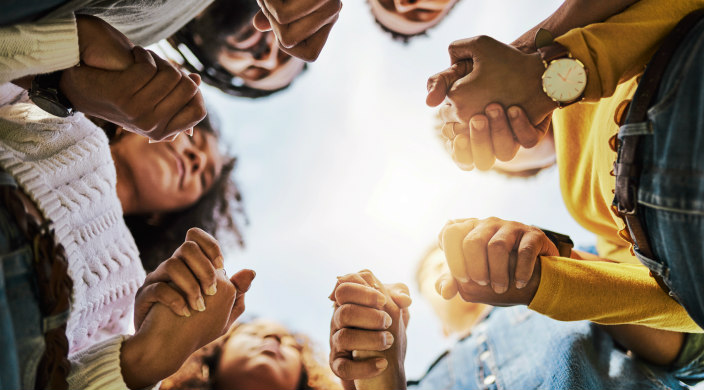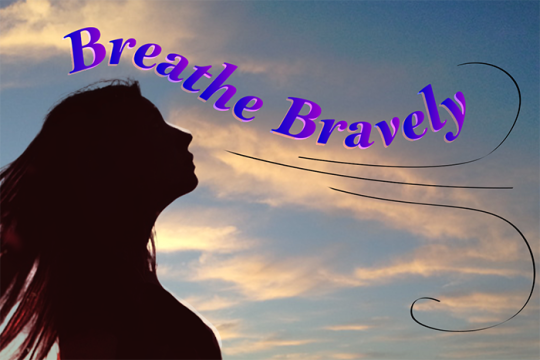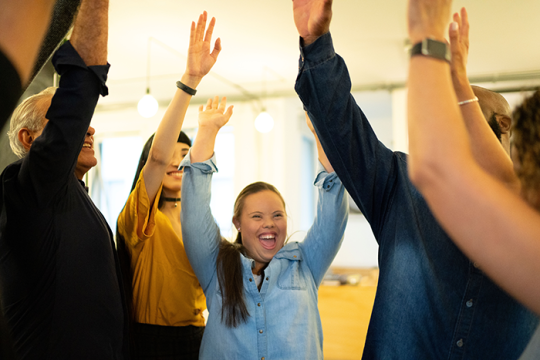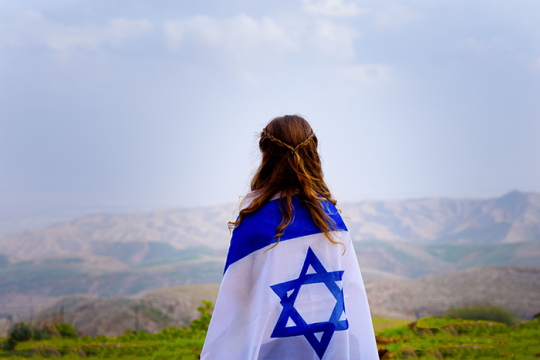
Editor's Note: This piece was originally published 6/16/2020 and has been updated since
Until recently, the only widely celebrated holiday commemorating Black rights in the United States was Martin Luther King, Jr. Day. However, on June 15, 2021, the holiday of Juneteenth, which commemorates the emancipation of enslaved Black Americans on June 19, was established as a federal holiday. By doing so, the U.S. took a step forward in reckoning with its history of systemic racism and will hopefully continue to work toward equity for all Black Americans.
The Emancipation Proclamation declared enslaved people legally free on January 1, 1863, but the law wasn’t enforced in Texas until June 19, 1865. That day, two months after Robert E. Lee’s surrender, Union Major General Gordon Granger and his troops arrived in Galveston, TX, to read the proclamation aloud and enforce the law.
This day would later be coined Juneteenth. As the holiday’s official website explains, Black Americans have since celebrated the holiday by hosting cookouts, wearing special clothes, holding prayer services, and more. While Juneteenth has mainly been celebrated locally and its popularity has waxed and waned throughout the last century and a half, the holiday has seen a resurgence in recent years. In 2017, the ABC sitcom black-ish aired an episode titled “Juneteenth,” which teaches the history of the holiday and shows how much work still remains to be done in the name of racial equity. In 2020, two weeks after the murder of George Floyd, Twitter, Nike, and Square all officially declared Juneteenth to be a corporate holiday; one year later, the Senate unanimously established it as a federal holiday.
As a Black Jew, I see Juneteenth as a beautiful reminder to not be complacent. While this holiday is a joyous one that affirms the Jewish notion that we are all created and deserve to be free from bondage, it’s equally important to remember that the fight for true equality is ongoing.
I’m reminded of the oft-quoted guidance of Rabbi Tarfon, “You are not required to finish the task, but neither are you free to desist from it” (Pirkei Avot 2:16). Even in an era where we, as Black Americans, technically have more freedom than our ancestors, we cannot desist from the work that still has to be done.
While Juneteenth marks an incredibly important step in Black American rights, it is just that – one step. Juneteenth celebrated slavery becoming illegal, but it did not do away with racism. It did not even come close.
In fact, Black people didn’t even become full U.S. citizens until 1868; they didn't receive the right to vote until even later, in 1870. In the years since, Black people continue to face hurdle after hurdle, including segregation, violence (including the worst racial massacre in U.S. history), voter suppression, and disproportionate policing and incarceration, to name just a few.
And yet, the history and spirit of Juneteenth make me hopeful.
At the end of the aforementioned episode of black-ish, during a particularly epic musical number, the show’s protagonist, Dre, rips open his shirt to reveal a black T-shirt that proclaims, “I AM MY ANCESTORS’ WILDEST DREAMS.” That quote has stuck with me since I first saw it, and it’s something I’ve found myself reflecting upon deeply these past few weeks. I have resources and opportunities my ancestors only dreamt of, and at the same time, we as Black Americans are fighting the same exact battle they were; it just looks different now.
Like the Black heroes who fought and died for my right to live out their wildest dreams, I will not stop fighting for what’s right. I will not stop pursuing justice and smashing oppression in any form it takes. I will continue to lock hands with my Black siblings, both Jewish and of other backgrounds, in this righteous, sacred fight.
I’ll be celebrating Juneteenth this year, and I encourage my Black Jewish friends to do the same. If you have not observed this beautiful day in some way before, consider making this year the first time you do - and be sure to say a Shehecheyanu when you do.
Related Posts

Breathe Bravely

Supporting Colleagues with Disabilities

